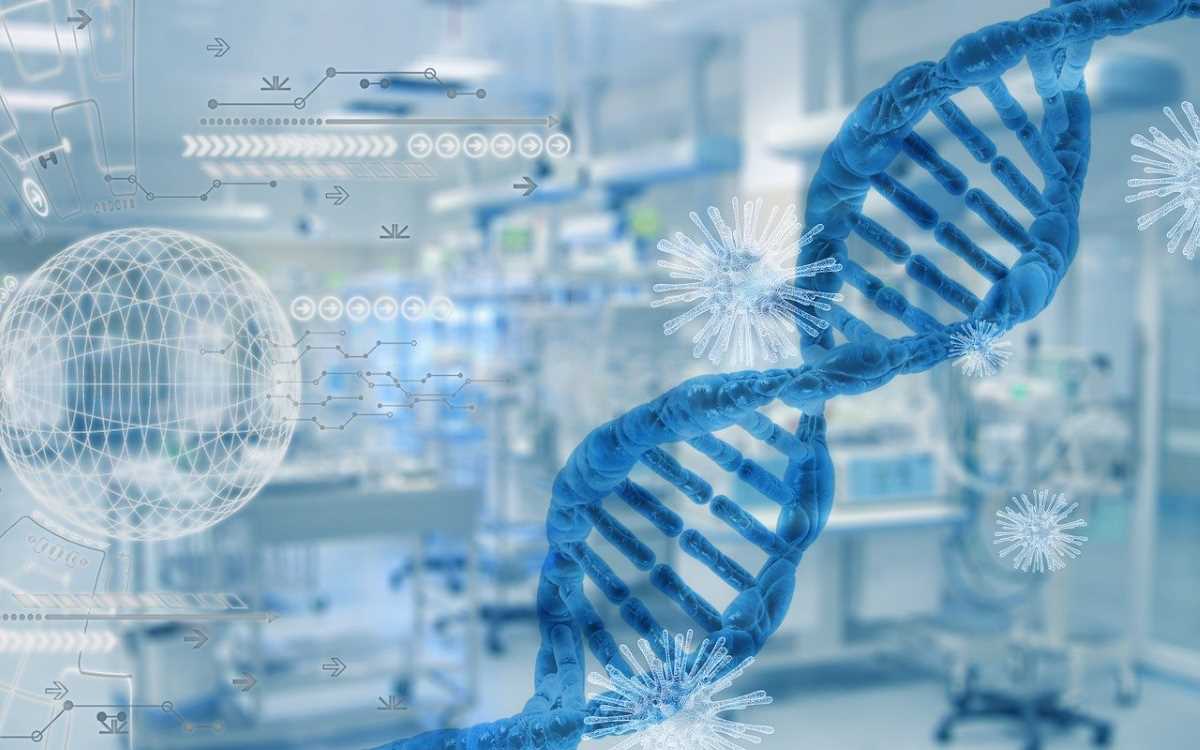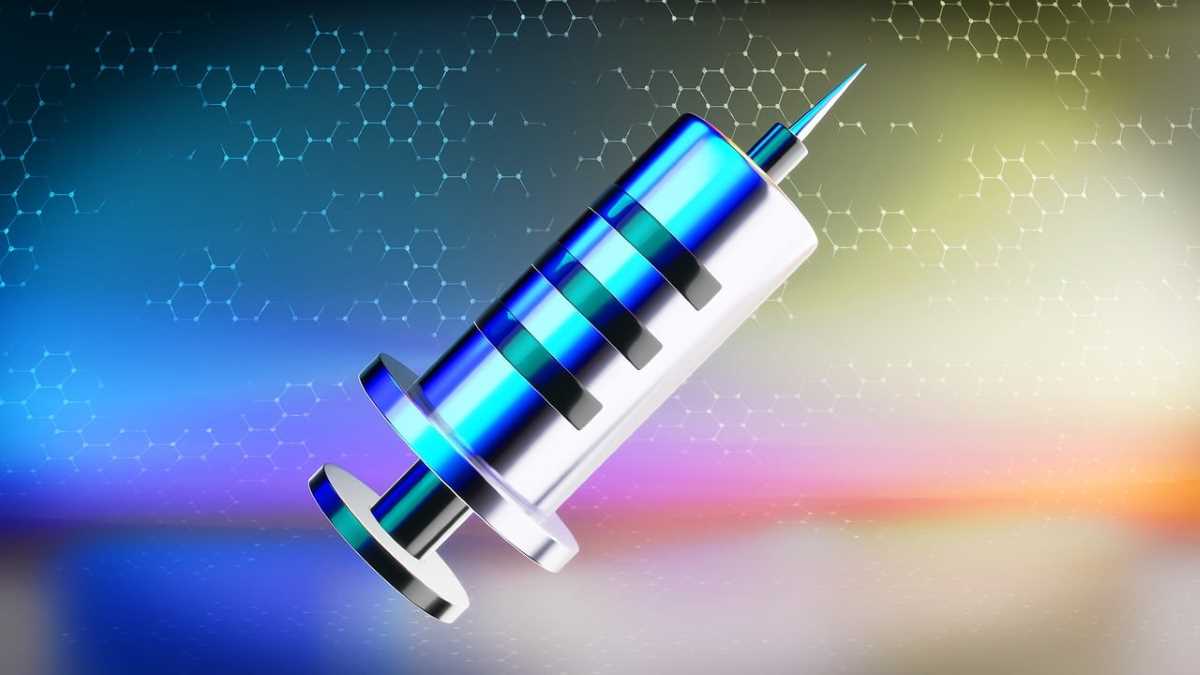The Unconventional Superpowers of Recombinant Proteins
Recombinant proteins, a breakthrough in genetic engineering, are transforming human health and industries. From insulin for diabetes to COVID-19 vaccines, their applications are vast. A game-changer for biotechnology, offering hope and progress for the future.

In the fascinating world of molecular biology, recombinant proteins have emerged as a game-changing innovation that promises immense benefits for human health and various industries. These proteins, synthesized through genetic engineering in cells apart from those found in nature, are now produced using a wide range of models, including bacteria, yeast, insect cells, mammalian cells, and even plants. With their versatility and numerous applications, recombinant proteins have become an indispensable tool in modern biotechnology.
The applications of recombinant proteins are far-reaching, touching everyday life in ways we might not even realize. From vital therapeutic products like insulin to fostering cheese production through the use of renin, these proteins have proven invaluable in various sectors. They even play a crucial role in the production of detergents, acting as efficient fat degraders and proteases for removing tough stains like blood and food. The applications, however, extend well beyond these examples, making recombinant proteins a powerful force for innovation and progress.
One of the key advantages of recombinant protein technology lies in the advancements made in molecular biology techniques and purification methods. This has resulted in significantly higher yields of proteins at a lower cost compared to conventional processes. The cells utilized to produce these proteins leverage their own cellular machinery for synthesis, with bacteria being the simplest and most widely used system. Bacteria offer the advantage of rapid growth in easily manageable culture conditions, leading to substantial protein production.
The process of producing recombinant proteins in bacteria involves the use of a circular DNA molecule known as a plasmid. This plasmid carries essential elements required for its persistence within the cell and the production of the desired protein. The ingenious technology allows the introduction of genes from one species into another, enabling the synthesis of proteins not naturally present in the host organism.
The groundbreaking journey of recombinant proteins began in 1977 with the successful creation of the first recombinant plasmid, which was subsequently introduced into Escherichia coli, a common bacterium. This breakthrough paved the way for the expression of the first human protein, insulin, in this bacterium. The momentous achievement was met with approval by the Food and Drug Administration (FDA) in 1982, and the recombinant insulin, known as Humulin, has since become a life-saving treatment for patients with diabetes mellitus. In addition to insulin, other crucial recombinant proteins have been developed for therapeutic use, including human parathyroid and growth hormones, cholera toxin subunit B, and more recently, several vaccines used in combating the COVID-19 pandemic.

The significance of recombinant proteins in public health cannot be overstated. Diseases like diabetes and COVID-19 have inflicted a heavy toll of suffering and mortality on a global scale. Fortunately, recombinant proteins have proven to be vital tools in both prevention and management. With the ability to produce targeted proteins that interact with specific disease pathways, these proteins offer hope in mitigating the impact of these devastating illnesses on human populations.
One pioneering institution that recognizes the potential of recombinant proteins is the Laboratory of Molecular Biology and Biochemistry at the Coordination of Animal Food Technology of the Center for Research in Food and Development (CIAD). Like many other forward-thinking establishments, CIAD employs recombinant protein technology to study various aspects of carbohydrate metabolism and regulatory processes, furthering our understanding of these fundamental biological mechanisms.
In conclusion, recombinant proteins have ushered in a new era of possibilities for human health and industry alike. Their applications are wide-ranging, from life-saving therapeutics to enhancing food production and improving everyday products. With continuous advancements in biotechnology, the production of recombinant proteins promises to become even more efficient and cost-effective, heralding a brighter and healthier future for all. As we witness the remarkable impact of these proteins on public health, it is evident that the potential of recombinant proteins is boundless, and their significance in shaping the world of tomorrow cannot be underestimated.




